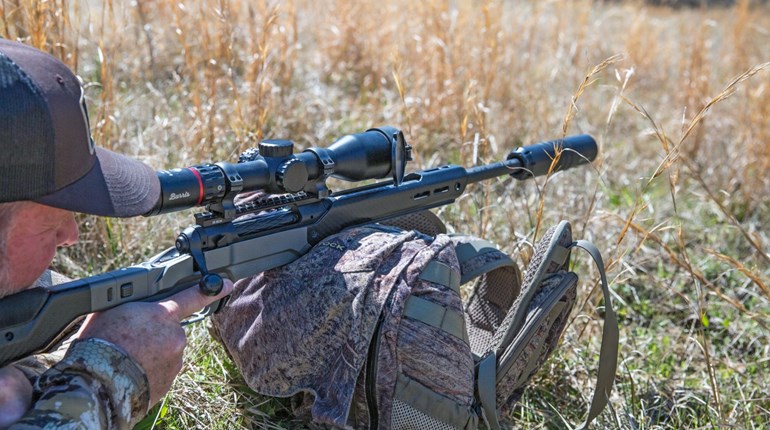
“Hikers, campers warned about assassins in parts of Pinal County” was an attention-grabbing headline last week as ABC15 reported that the Pinal County Sheriff’s Office (PCSO) had just issued a warning to outdoor recreationists—especially those traveling on back roads and wilderness areas—that drug cartel “assassins” were potentially roaming the area. Sheriff Paul Babeu recommended extreme caution, and suggested carrying a firearm in any wilderness areas.
As reported by the station, “Mexican cartels are sending the ‘sicarios’—groups of assassins—to kill rivals trying to steal their drugs. The armed enforcers are expected to target ‘rip crews,’ who ambush other transport gangs to take their drugs and money.” According to PCSO, deputies have reported seeing a rise in armed encounters with cartel drug runners.
“We are taking this threat seriously and believe that the public and my deputies deserve to know that there is an elevated risk of encountering gun violence in certain areas of Pinal County,” Babeu said.
Click here to read the full story
Of course, had it been the fall, the warning would equally apply to hunters, especially as Pinal County—located directly between Phoenix and Tucson—is home to some pretty good Coues and mule deer hunting, as well as dove and javelina hunting.
Fear that border areas with Mexico could be unsafe may result in leftover deer and javelina hunting tags in these hunting units, admits Mark A. Hart, public information officer for the Arizona Game and Fish Department.
“However,” Hart adds, “we typically sell most if not all leftover deer and javelina tags for the borderlands units over-the-counter after the draw. That has been the case for at least the past five years. The hunting is good there.”
Hart also notes that the U.S. Border Patrol suggests the traffic in illegal aliens has shifted from the Arizona border east into Texas. Even so, illegal drugs are still very much moving through Pinal County—amid hunting season, too. Last November, the U.S. Border Patrol and PCSO detectives seized 1,737 pounds of marijuana and arrested 21 drug smugglers, 19 of them Mexican citizens, in western Pinal County. That’s the good news.
The bad? An estimated 40 additional smugglers eluded capture.
Deputy Mark Clark, PCSO public information officer, says he knows of no violent confrontations between hunters and illegals in Pinal County. Yet, he adds, “There are not any direct threats to hunters, but with the inter-cartel violence potential raised, the indirect threat [of violence] is there.”
With the fall hunting season coming up, what is the best solution to preventing the potential for inter-cartel violence in these areas? Sheriff Babeu asserted, “Our heroes in the U.S. Border Patrol deserve the full support of the President and our government to fully enforce immigration law and secure the border at the border, not 70 miles north where these smuggling crimes occurred.”
Maybe Mr. Trump’s much criticized wall between the United States and Mexico would help safeguard some of our hunting opportunities—including our ability to hunt without fear of being involved in a drug cartel gun fight?

































